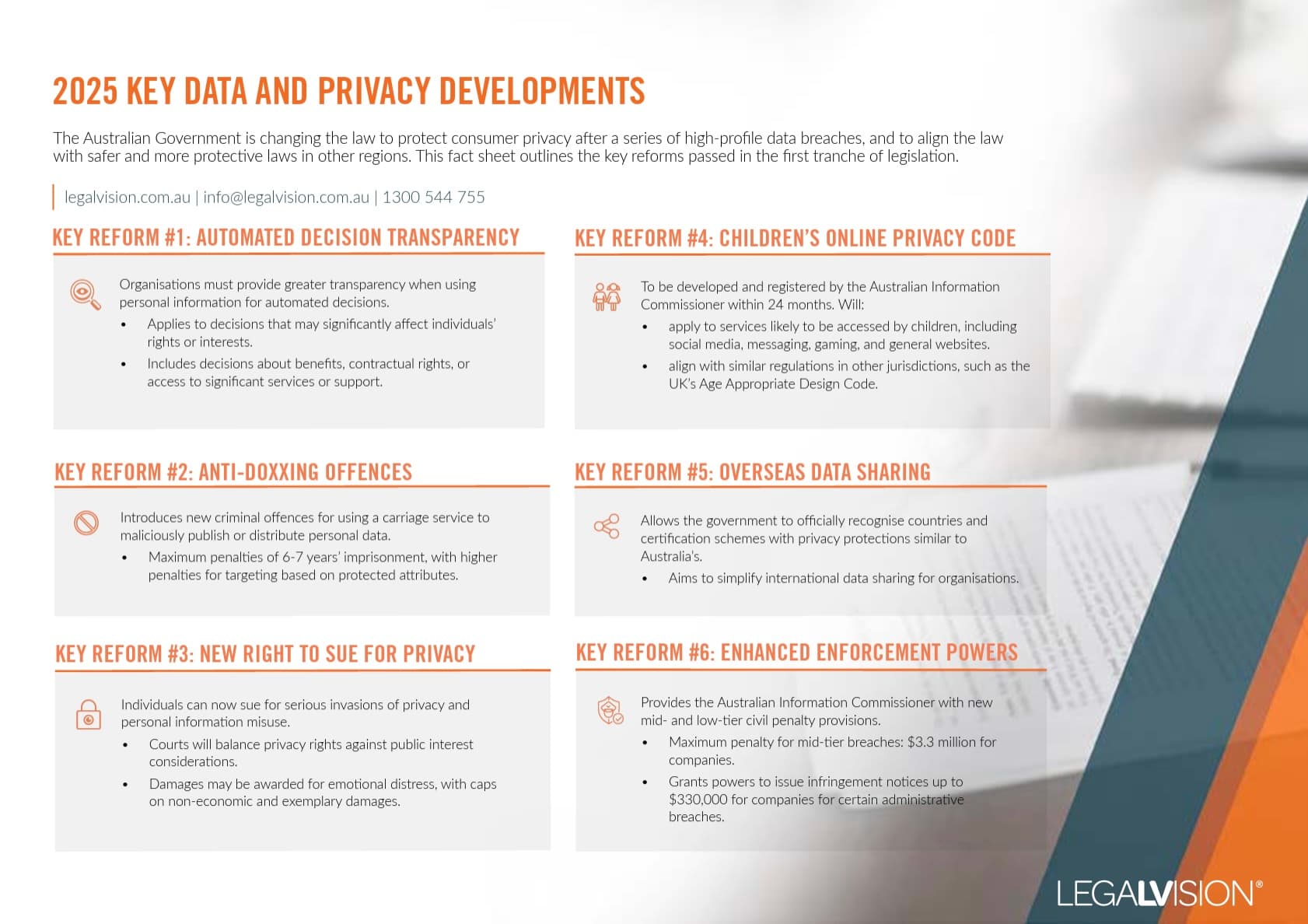You may wonder whether your business requires an authority to carry out charitable fundraising. Ultimately, this hinges on your status as a charity. Typically, if you are not a charity, you will require written permission from the charity for which you will be raising funds. The rules vary from state to state, meaning some charities still require specific authorisation to perform charitable fundraising. This article will explore whether you need an authority from a charity to conduct charitable fundraising.
Generally, fundraising refers to raising money or other benefits for a charitable purpose or supporting a charitable entity. Examples include crowdfunding, requesting donations, raffles, selling products or memberships where the proceeds are donated, and fundraising events.
Fundraising As a Non-Charity Entity Across States and Territories
If you are not a registered charity, you must navigate specific regulations based on where the fundraising activities will occur. Here is a summary of the rules across various Australian states and territories.
New South Wales
Entities must either obtain an authority to fundraise or collaborate with an existing authority holder to fundraise on their behalf.
Victoria
Any individual or entity that engages in fundraising must register as a fundraiser unless they are exempt. Organisations can be exempt from registering if they:
- receive less than $20,000 gross in a financial year from fundraising;
- are not paid for performing the fundraising; or
- use only unpaid volunteers.
There are other organisations exempt from having to register under Victorian legislation. Nevertheless, they must comply with its other provisions. These organisations may include:
- state schools;
- tertiary institutions; and
- registered political parties.
South Australia
Organisations that raise funds for a charity must have a Collections for Charitable Purpose (CCP) licence if they fundraise for a charitable purpose. Charitable purposes can include:
- help for disabled, sick, poor or unemployed people;
- war relief;
- health services; and
- animal welfare.
Queensland
Non-charity organisations must obtain a sanction from the Office of Fair Trading to fundraise for a charitable or community purpose. A community purpose can include promoting the general welfare of the public. For example, this may include erecting a building or tending to a park.
Australian Capital Territory
Corporate sponsorship does not require a fundraising permit from Access Canberra. Likewise, charities registered with the Australian Charities and Not-for-Profit Commission (ACNC) do not require fundraising permits.
Tasmania
In Tasmania, the following types of organisations must secure fundraising approval:
- incorporated organisations outside Tasmania;
- organisations with their main office located outside the state;
- unincorporated groups;
- associations within Tasmania; and
- individuals.
Western Australia
Entities who collect money or goods from the public for charitable purposes must either obtain a Charitable Collections Licence or operate under a licence held by an existing licence holder.
Northern Territory
The Northern Territory does not have legislation that governs charitable fundraising.
Financial and Reporting Obligations
You must keep accurate fundraising records, which means you need to keep accurate records for each campaign so that they are easily distinguishable and ensure the funds raised are separate and secure from any personal or organisational funds. You will also need to comply with accounting standards to audit the accounts easily. Create a schedule that notes any fundraising activity reporting dates or deadlines for the relevant jurisdiction.

This factsheet outlines the Australian Government’s strengthened consumer privacy laws in 2025 following major data breaches and their alignment with global standards.
What If I Do Not Require An Authority?
Even if you are not legally required to obtain a formal authority, it is best practice to draft an agreement with the charity. The agreement should set out:
- the scope;
- what you will be raising funds for;
- over what period you will conduct the fundraising;
- how you plan to raise funds; and
- the percentage of proceeds going to charity.
Key Takeaways
The legal requirements for charitable fundraising vary depending on where the fundraising will occur and whether you are an individual, a business or a registered charity. Usually, if you are not a charity, you must obtain an authority from the relevant governing body. If you do not require an authority to conduct charitable fundraising, we recommend, as best practice, that you establish an agreement with the charity you will support.
If you require guidance on your compliance obligations or would like advice for conducting charitable fundraising, our experienced charity lawyers can assist as part of our LegalVision membership. For a low monthly fee, you will have unlimited access to lawyers to answer your questions and draft and review your documents. Call us today on 1300 544 755 or visit our membership page.
We appreciate your feedback – your submission has been successfully received.











